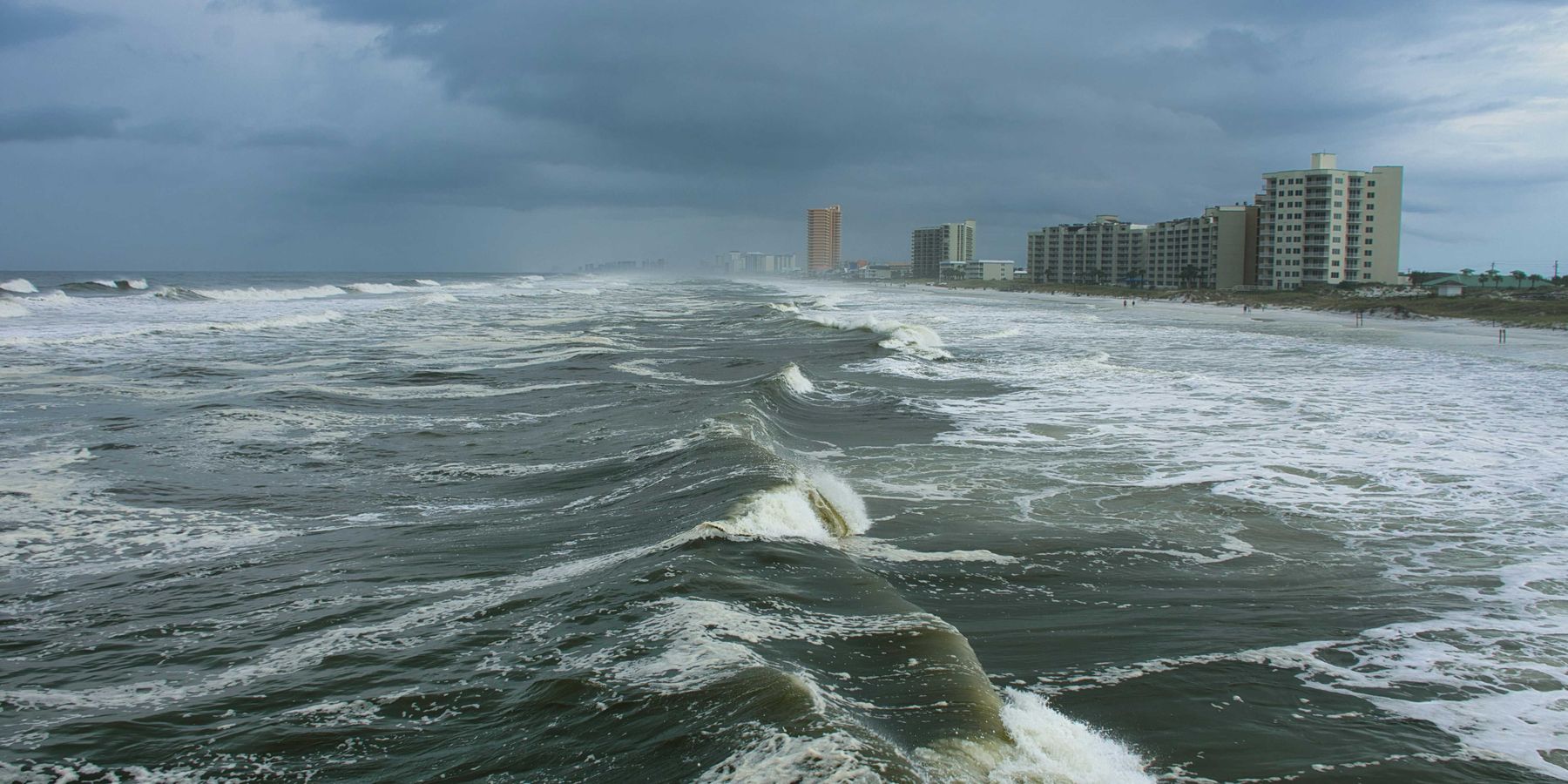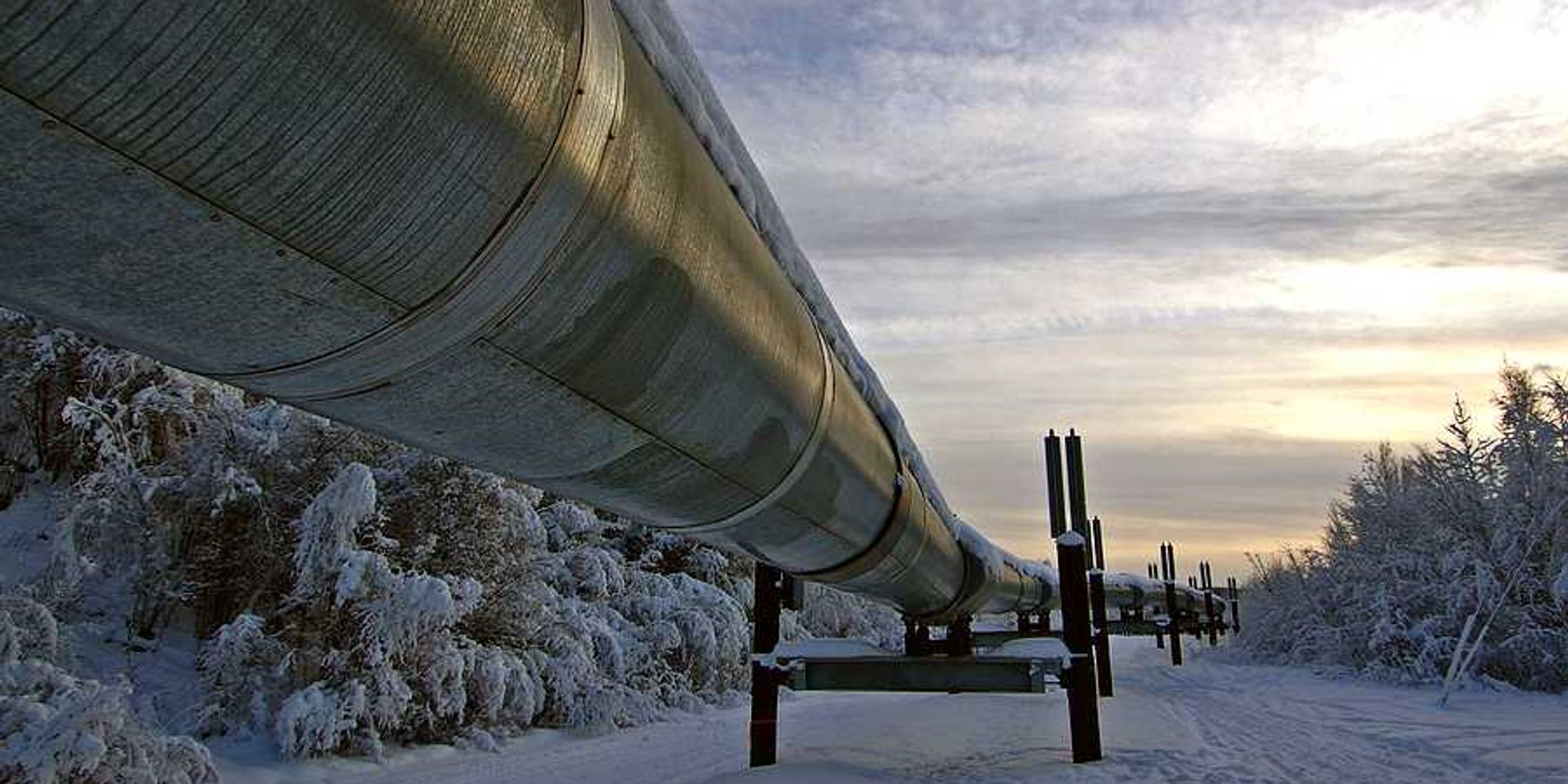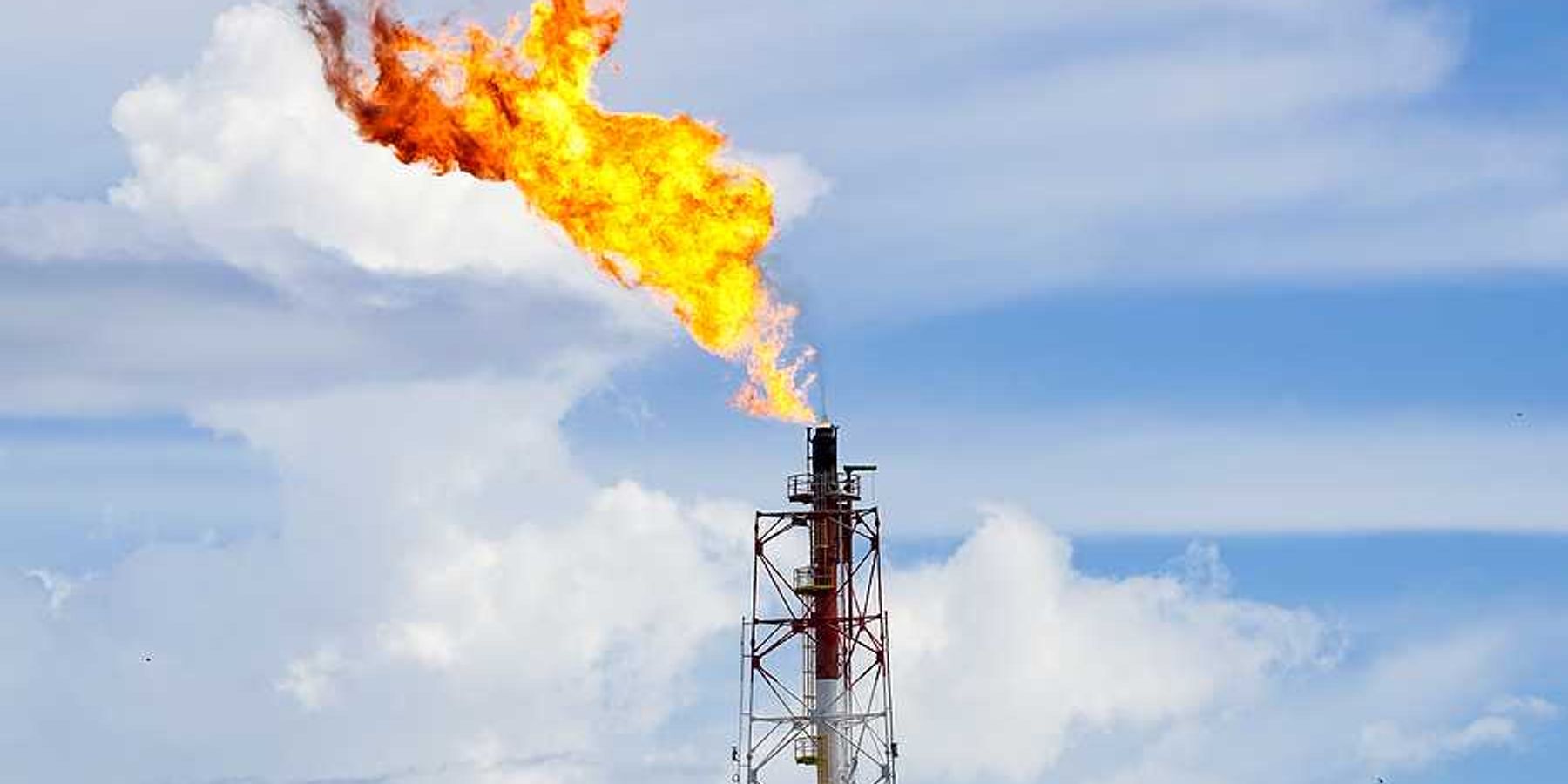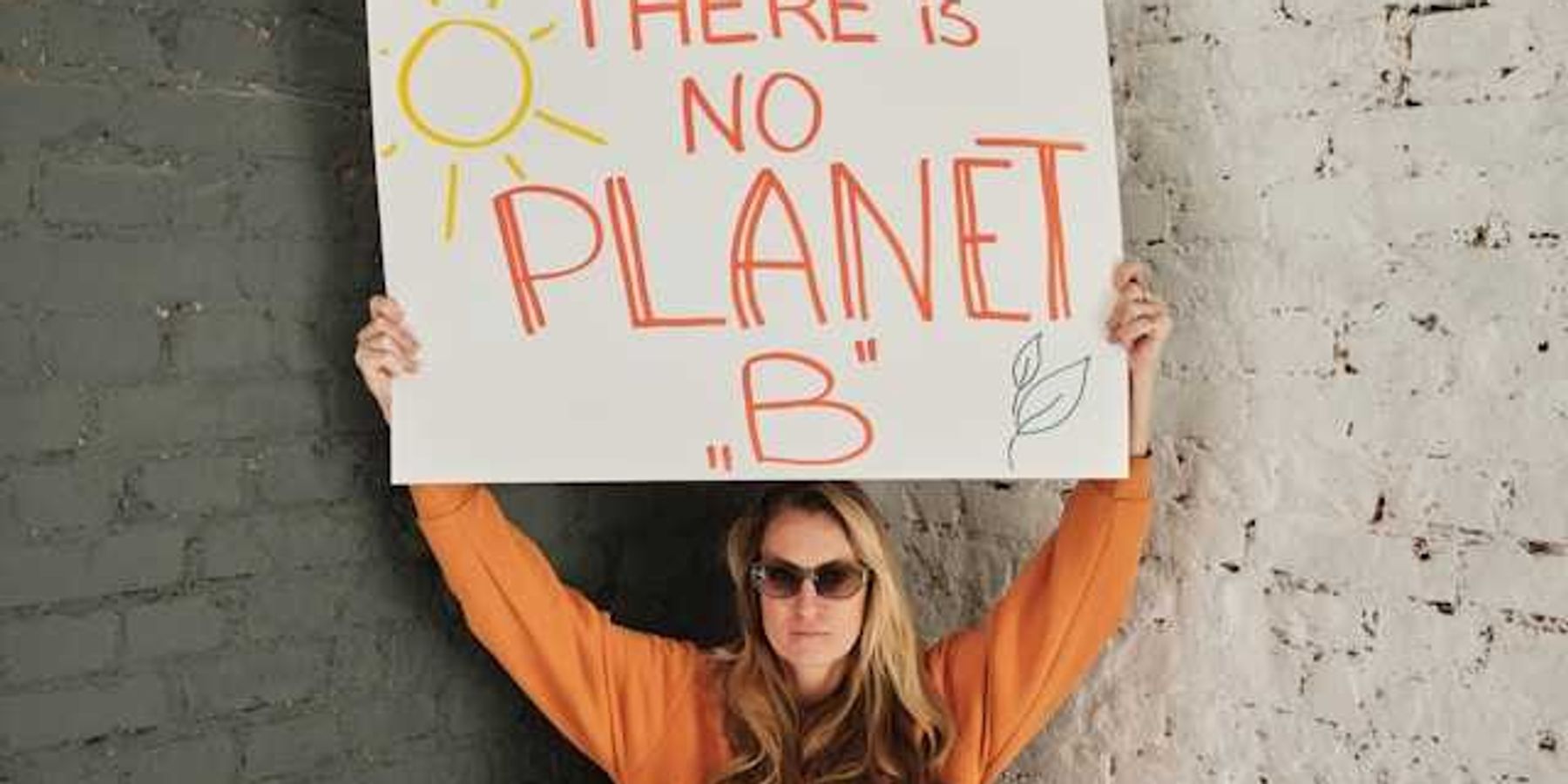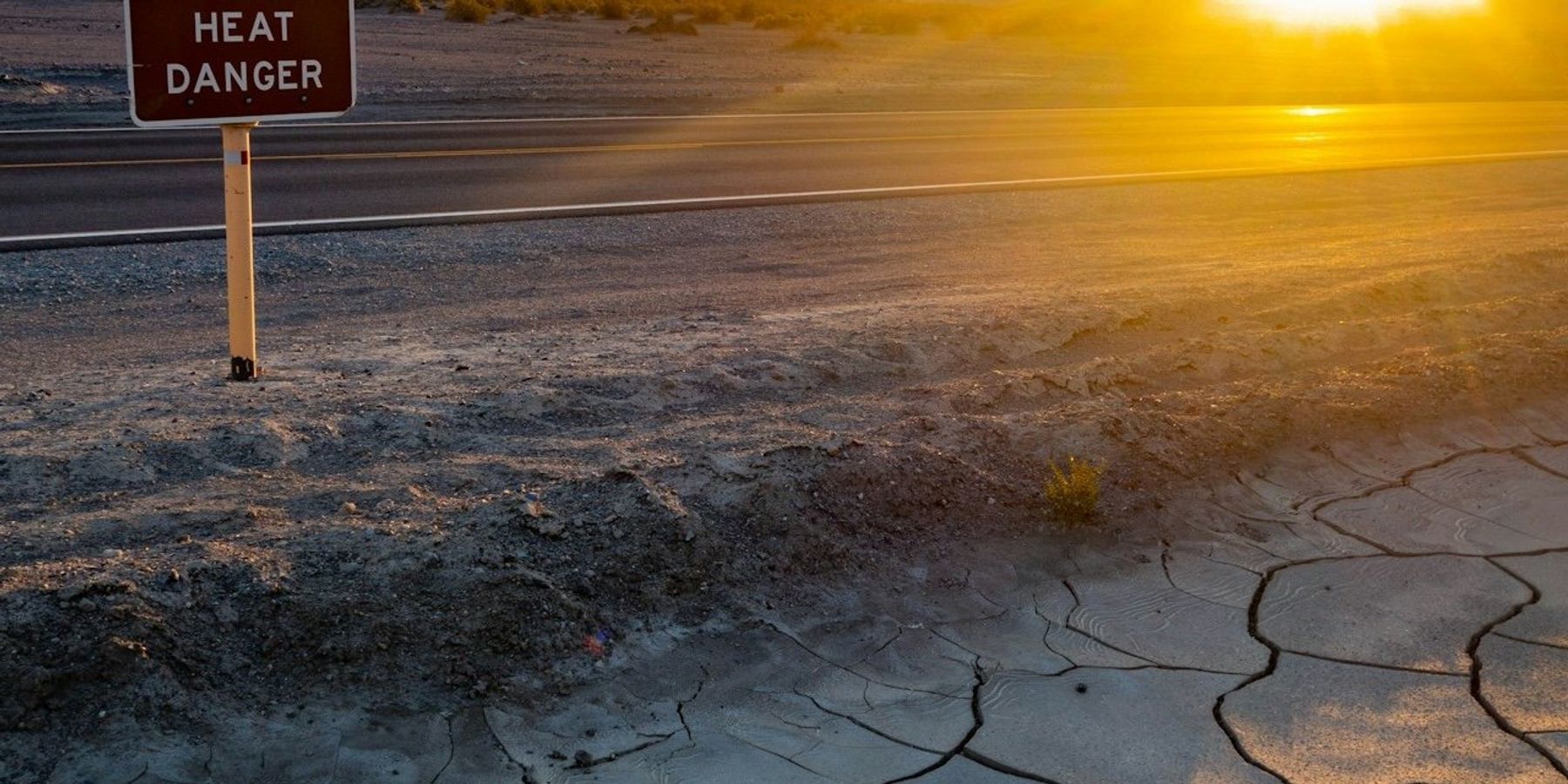
Trump-era climate report ignores science to boost fossil fuel agenda
Top scientists are slamming a new Department of Energy (DOE) report for pushing debunked climate denial talking points under the guise of legitimate science.
Dennis Pillion reports for Inside Climate News.
In short:
- The DOE's 150-page report claims climate change is less economically damaging than believed and suggests mitigation efforts could hurt more than help, contradicting established research.
- Climate scientists including Michael Mann and Andrew Dessler call the report deceptive, cherry-picked, and scientifically dishonest, recycling discredited claims while ignoring extensive peer-reviewed literature.
- The report, drafted by prominent climate contrarians, opens a 30-day public comment period, raising concerns that it could be used in legal battles to weaken climate regulations.
Key quote:
“It’s the usual mix of untruths, half-truths, and discredited if seemingly plausible claims we’ve come to expect from professional climate deniers and those who platform them.”
— Michael Mann, director of the Center for Science, Sustainability and the Media at the University of Pennsylvania
Why this matters:
In the latest volley of science versus spin, the Department of Energy has dropped a 150-page climate report that feels more like a love letter to fossil fuel interests than a serious attempt at policymaking. In a country where extreme heat is killing outdoor workers, wildfires are poisoning lungs, and hurricanes are drowning coastlines, casting doubt on settled climate science has serious social and economic consequences.
Read more:

